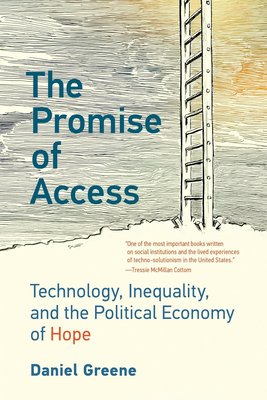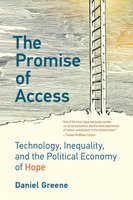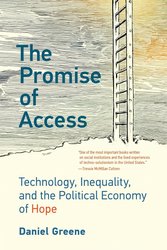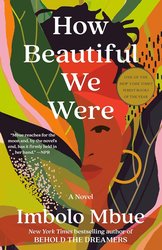Why simple technological solutions to complex social issues continue to appeal to politicians and professionals who should (and often do) know better. Why do we keep trying to solve poverty with technology? What makes us feel that we need to learn to code--or else? In The Promise of Access , Daniel Greene argues that the problem of poverty became a problem of technology in order to manage the contradictions of a changing economy. Greene shows how the digital divide emerged as a policy problem and why simple technological solutions to complex social issues continue to appeal to politicians and professionals who should (and often do) know better. Greene shows why it is so hard to get rid of the idea--which he terms the access doctrine --that the problem of poverty can be solved with the right tools and the right skills. This way of thinking is so ingrained that is adopted by organizations that fight poverty--which often refashion themselves to resemble technology startups. Drawing on years of fieldwork, Greene explores how this plays out in the real world, examining organizational change in technology startups, public libraries, and a charter school in Washington, DC. He finds that as the libraries and school pursue technological solutions, they win praise and funding but also marginalize and alienate the populations they serve. Greene calls for new political alliances that can change the terms on which we understand technology and fight poverty. Winner of the McGannon Book Award for the best book published in 2021 concerning media policy, activism, and social justice.






